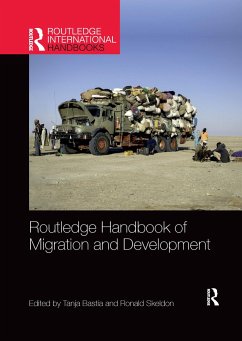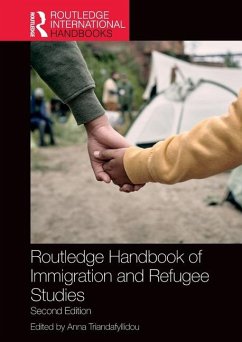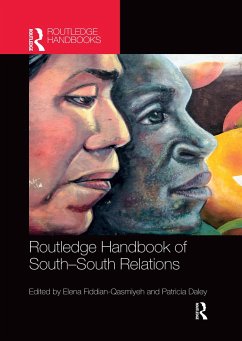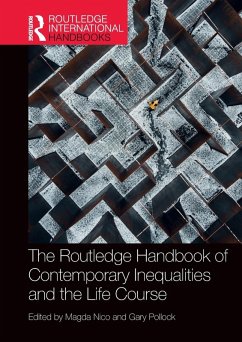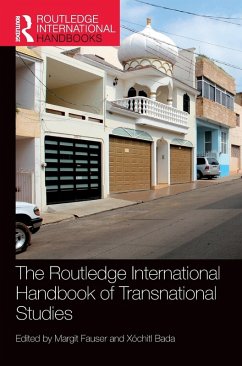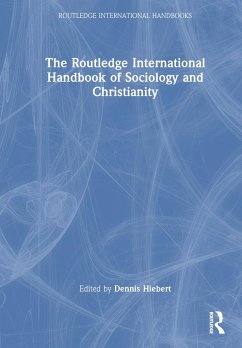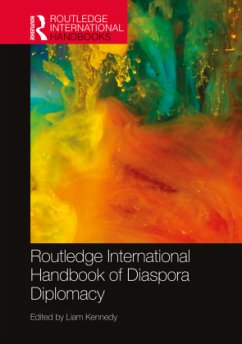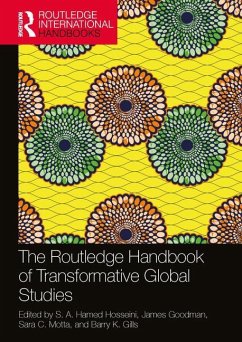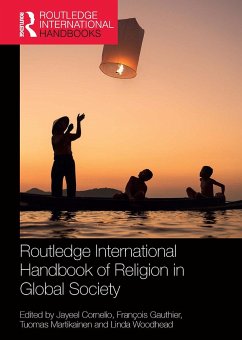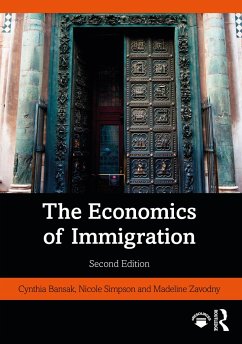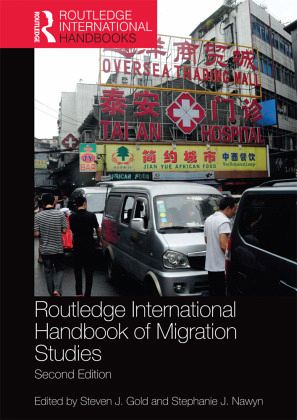
Routledge International Handbook of Migration Studies
Versandkostenfrei!
Versandfertig in 6-10 Tagen
57,99 €
inkl. MwSt.

PAYBACK Punkte
29 °P sammeln!
This revised and expanded second edition of Routledge International Handbook of Migration Studies provides a comprehensive basis for understanding the complexity and patterns of international migration. Despite increased efforts to limit its size and consequences, migration has wide-ranging impacts upon social, environmental, economic, political and cultural life in countries of origin and settlement. Such transformations impact not only those who are migrating, but those who are left behind, as well as those who live in the areas where migrants settle.Featuring forty-six essays written by lea...
This revised and expanded second edition of Routledge International Handbook of Migration Studies provides a comprehensive basis for understanding the complexity and patterns of international migration. Despite increased efforts to limit its size and consequences, migration has wide-ranging impacts upon social, environmental, economic, political and cultural life in countries of origin and settlement. Such transformations impact not only those who are migrating, but those who are left behind, as well as those who live in the areas where migrants settle.
Featuring forty-six essays written by leading international and multidisciplinary scholars, this new edition showcases evolving research and theorizing around refugees and forced migrants, new migration paths through Central Asia and the Middle East, the condition of statelessness and South to South migration. New chapters also address immigrant labor and entrepreneurship, skilled migration, ethnic succession, contract labor and informal economies. Uniquely among texts in the subject area, the Handbook provides a six-chapter compendium of methodologies for studying international migration and its impacts.
Written in a clear and direct style, this Handbook offers a contemporary integrated resource for students and scholars from the perspectives of social science, humanities, journalism and other disciplines.
Featuring forty-six essays written by leading international and multidisciplinary scholars, this new edition showcases evolving research and theorizing around refugees and forced migrants, new migration paths through Central Asia and the Middle East, the condition of statelessness and South to South migration. New chapters also address immigrant labor and entrepreneurship, skilled migration, ethnic succession, contract labor and informal economies. Uniquely among texts in the subject area, the Handbook provides a six-chapter compendium of methodologies for studying international migration and its impacts.
Written in a clear and direct style, this Handbook offers a contemporary integrated resource for students and scholars from the perspectives of social science, humanities, journalism and other disciplines.



